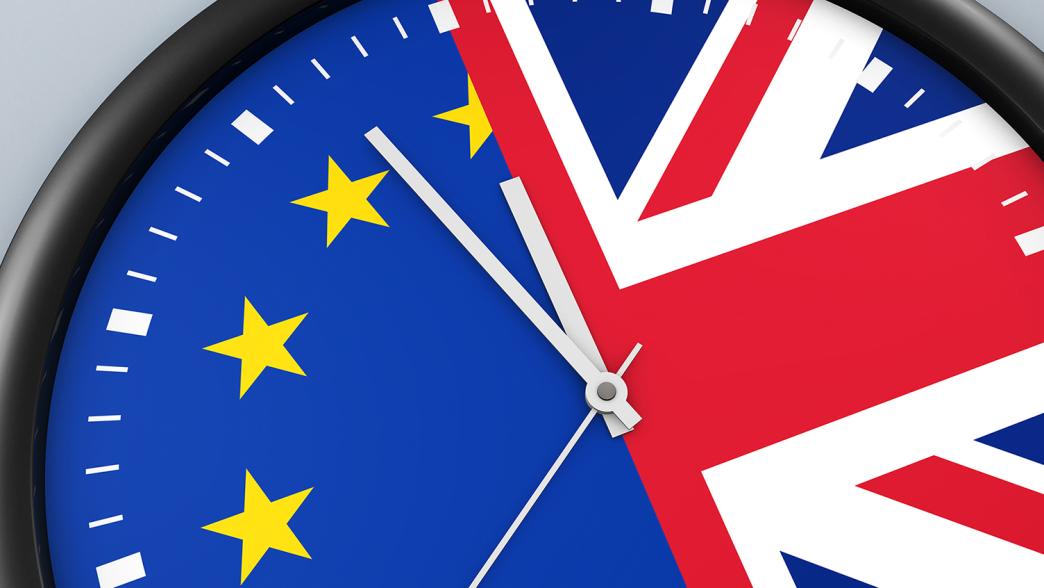The end of the Brexit transition period: Was the UK prepared?
The government should be open about the widespread disruption caused by the UK’s exit from the Brexit transition period and do more to help businesses

The government should be open about the widespread disruption caused by the UK’s exit from the Brexit transition period and do more to help businesses

Whoever wins the election will face seven key Brexit questions.
On the second anniversary of Russia’s invasion of Ukraine, The Expert Factor team examine what an era of global instability means for the UK.
This short paper highlights five key challenges that any government seeking to reduce regional inequalities will need to address.
It is not only during crises that good analysis and assessment is vital.